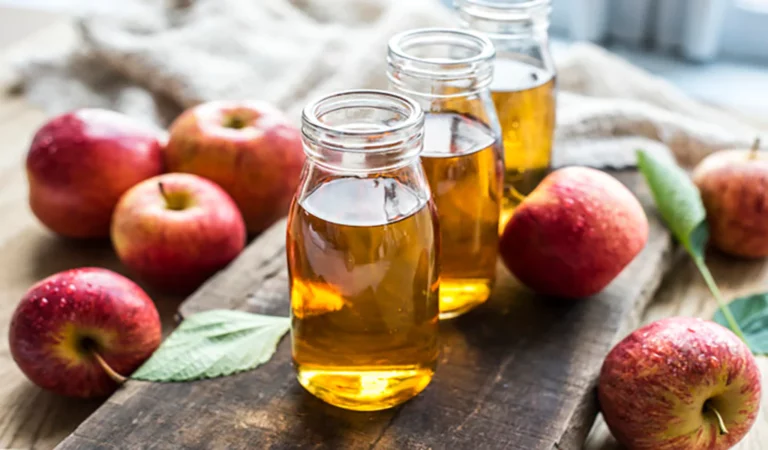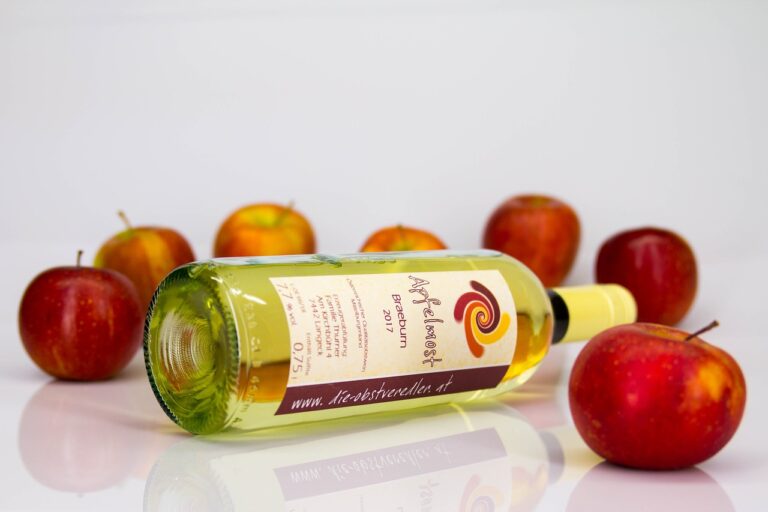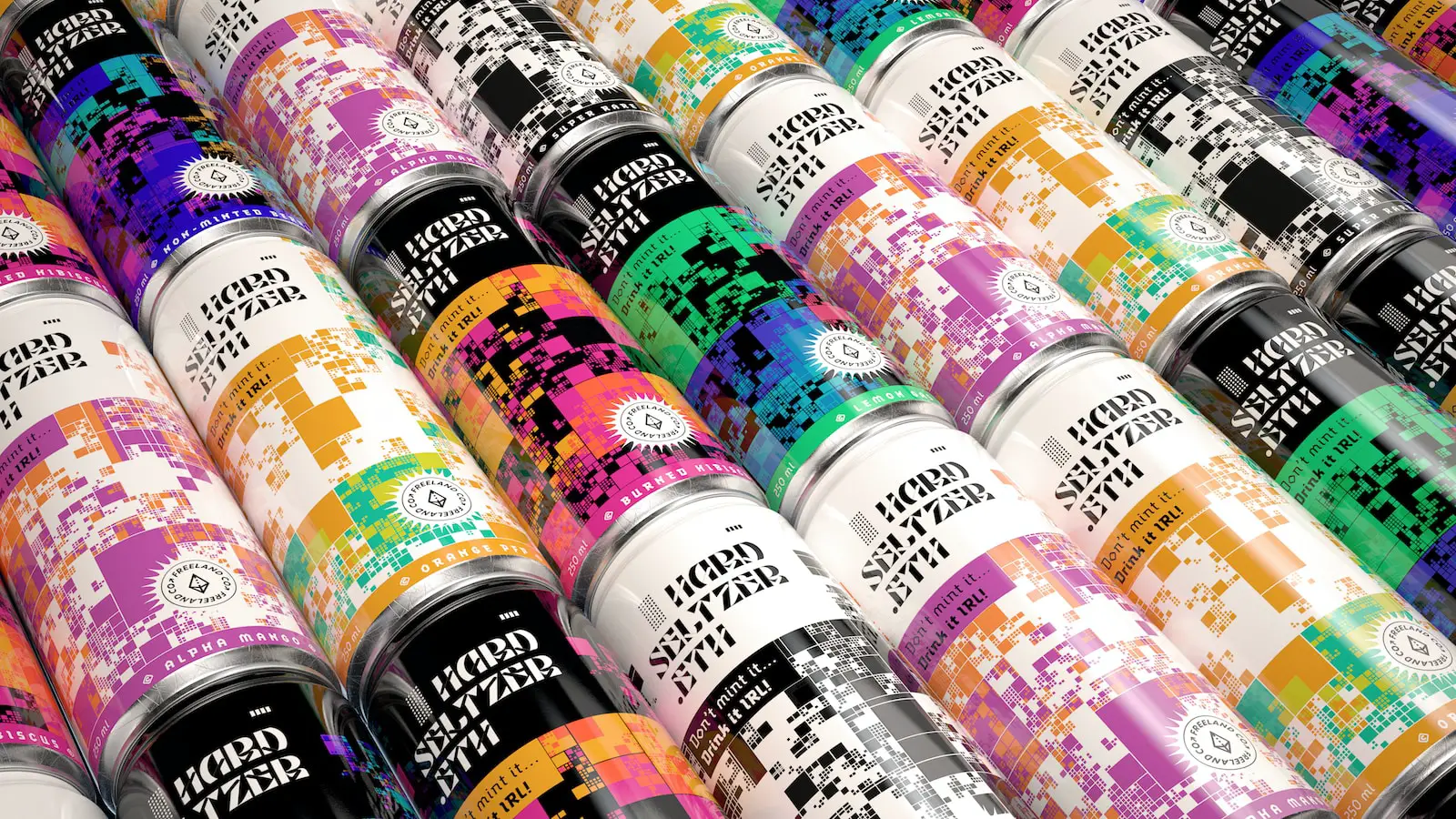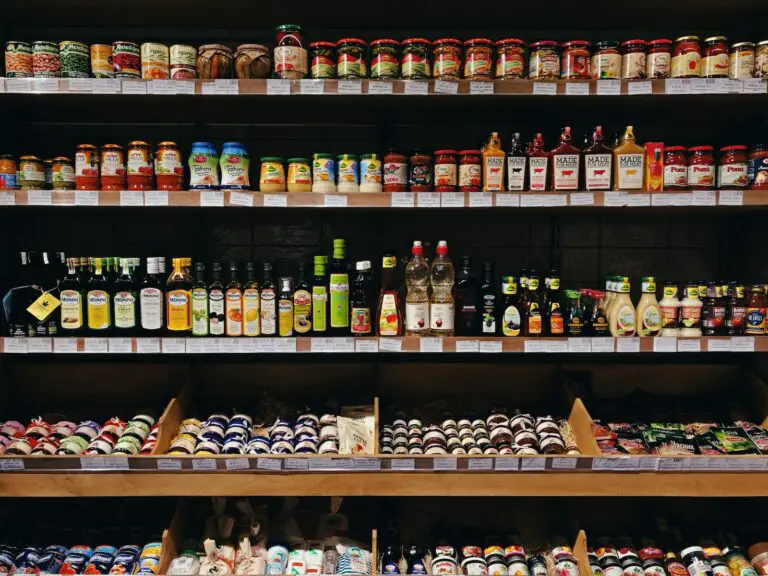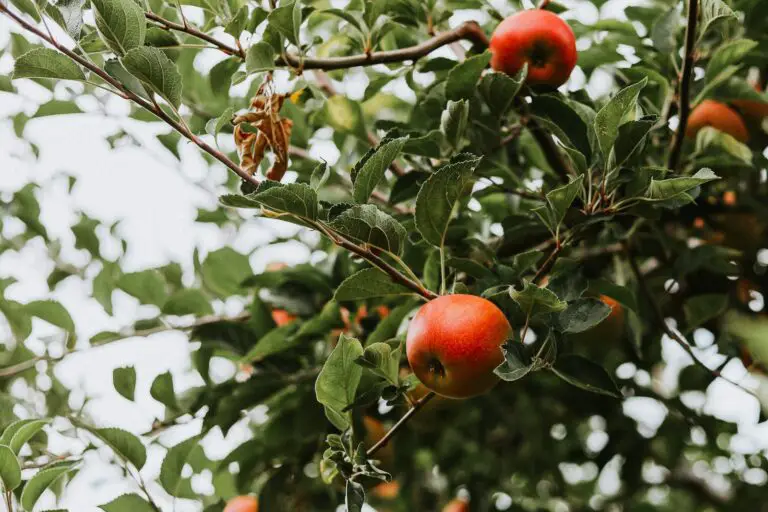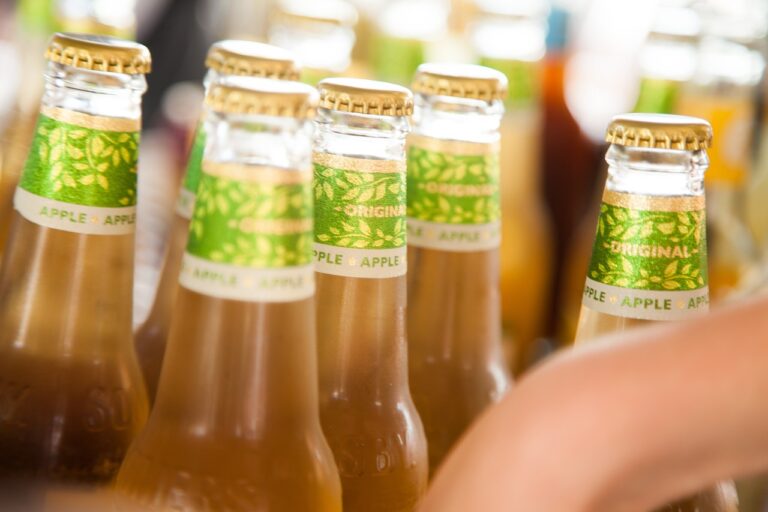Vodka: it’s everyone’s favorite spirit.
Whether you like to drink it neat or mix it in a cocktail, there’s no denying that vodka is an essential part of the bar.
One of the great things about vodka is that it has a fairly long shelf life, which makes it great for stocking your home bar.
But what happens when you open a bottle and don’t finish? Does the shelf life still apply? Can you keep an opened bottle of vodka for months or even years? And what happens if you don’t store your vodka properly?
In this article, we’ll answer these questions and more as we discuss the shelf life of vodka so that you can get the most from your bottles and enjoy delicious drinks for as long as possible.
So, grab your favorite glass, and let’s dive into the world of vodka storage and shelf life!
What Happens When You Open a Bottle of Vodka?
It’s common knowledge that vodka doesn’t spoil, but did you know that storing an opened bottle can have an effect on it? When you open a bottle of vodka, oxygen has access to the liquid in the bottle.
This is true of any spirit—oxygen causes the flavor and aroma of liquor to degrade over time.
This can be easily demonstrated with a simple experiment.
Open two bottles of vodka at the same time and try them five, 10, and 20 days after you open them.
Then taste a sip from each bottle every time.
You’ll likely notice that one tastes better than the other — this is due to oxygen exposure! The more oxygen your vodka is exposed to, the more its flavor and aroma degrade over time.
You should note however that this degradation affects only its flavor and aroma—not its safety.
However, it is to be kept in mind that vodka has a very long shelf life, it is a very stable spirit.
While the taste may become unpleasant after prolonged oxidation, it won’t make you sick if you consume it.
How to Store Vodka and How Long Can You Keep an Open Bottle?
Vodka’s shelf life is indefinite, it doesn’t really go bad.
But, in case you still want to store your vodka bottle properly, you can follow these tips;
· Keeping Your Vodka Cold
As most of us know, vodka should be stored at low temperatures to maximize its shelf life and preserve its taste.
The lower temperature helps slow down the oxidation process, meaning the spirit will last longer before it starts to become harsh in flavor.
For that reason alone, if you open a bottle of vodka, store it in your fridge or freezer where possible.
Needless to say, don’t leave a bottle in the freezer forever — this can cause it to become cloudy or freeze over completely.
· Strength and Flavor
Strength and flavor are also something to consider when deciding how long you can keep an open bottle of vodka.
Vodka potency decreases slightly over time, although this does happen fairly slowly and isn’t usually noticeable until after a few months — although for best results, use the spirit within six weeks.
In terms of taste as well, there’s not much difference between blended vodka and expensive varieties like craft or artisanal vodkas — both will deteriorate with age when opened.
· Sealing Your Bottle
Finally, one great way to ensure your opened bottle stays fresh is by sealing it properly after each use.
If there’s too much air circulating around an open bottle of vodka exposed on your countertop or in your cupboard, it will naturally oxidize quicker than if there isn’t any air present; so, you should seal the top tightly.
· Reuse Your Bottle
Another way to get more shelf life out of your vodka is to reuse your bottle by pouring only what you need for a single measure into a separate glass or container.
This leaves less air in contact with your open vodka and will help preserve its taste longer.
Plus, it looks pretty cool when you bring out a fancy decanter or carafe for friends and family!
How Can You Tell When Vodka Has Gone Bad?
When it comes to vodka, it can be tricky to determine when it’s gone bad.
Here are some things to look out for that will help you understand the shelf life of the bottle:
· The Smell Test
When storing vodka, if you can smell a strong odor coming from the bottle, then it’s past its prime.
This is because vodka has no natural flavor, so if it has an off-smell, then it’s spoiled.
· The Taste Test
If your vodka has a bitter or sour taste, then it’s gone bad – tastes change over time and oxidized vodka will have an unpleasant taste.
Similarly, if the vodka tastes “flat” or lacks character and is quite dull, then the bottle is most likely beyond its prime.
· Change in Color
If your vodka’s color has changed from when you first opened the bottle (especially darker-colored vodkas), this could mean that your drink has oxidized and is no longer suitable for consumption.
In some cases, a change in color can also indicate that alcohol content has been diluted due to evaporation from continuous contact with air when opening and closing the bottle after use.
By keeping an eye on these three things—smell, taste, and color—you’ll get a better idea of how long your open bottle of vodka can last before having to discard it.
Conclusion
All in all, vodka doesn’t go bad, so it’s safe to consume anytime.
But, it’s best to keep vodka in a cool, dark place and to consume it within the best-before date.
And if you’re unsure, it’s always better to err on the side of caution and just buy a new bottle.
After all, there’s nothing like a good quality vodka to make your drinks shine – so make sure to store it correctly and enjoy it while it’s still at its freshest!


